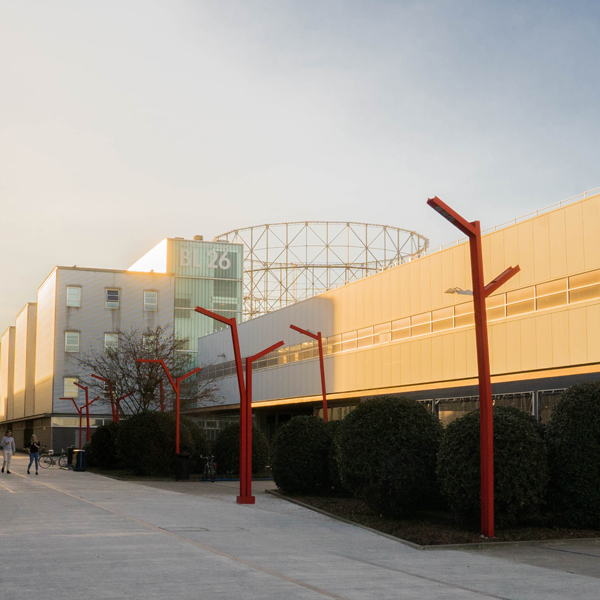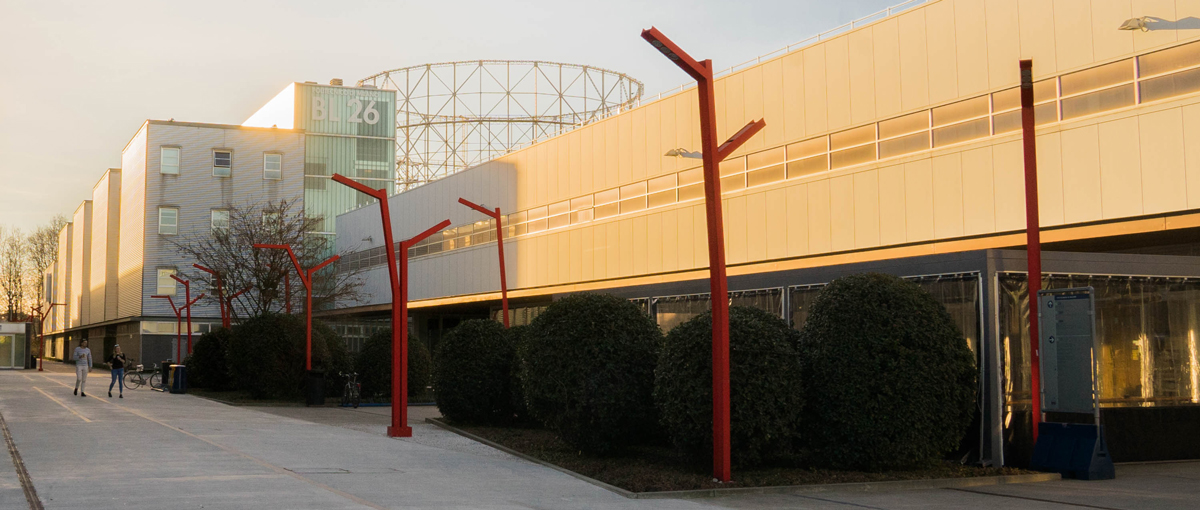The Master of Science in Management Engineering at the Politecnico di Milano has climbed to 77th place in the 2022 Financial Times Rankings of Masters in Management, an improvement of 8 places compared to 2021.
The Master of Science in Management Engineering, delivered by the School of Industrial and Information Engineering at the Politecnico di Milano, has obtained a prestigious accolade from the Financial Times, confirming its presence in the “Masters in Management 2022” Rankings where it has improved by 8 places compared to 2021 and climbs to 77th place, despite the fact that the rankings saw the inclusion of 13 new schools that did not take part last year.
On a European level, the programme falls within the top 15 of those delivered by technical universities.
The criteria that have enabled this progress include Salary increase, Career progress – which considers the change in level of seniority and the size of the organisation in which the alumni worked – and International course experience – which considers the participation of students on exchanges and internships abroad.
This result comes a year after a change to the structure of the Master of Science, which today entails an introductory year and a second year split into fourteen different specialisms, called “Majors”. This comprehensive teaching offering aims to provide students of the Master of Science with the skills and tools necessary to play a leading role in handling the country’s economic, industrial and social challenges.
The Laurea Magistrale (equivalent to Master of Science) programme, which is delivered in English, currently has more than 2,000 students, 23% of which are international, while each year sees approximately 900 new arrivals. The employment rate within a year of graduation is 94% (source: Politecnico di Milano Career Service 2021 employment survey), a testament to the esteem in which companies hold a professional figure with a range of sought-after skills.









